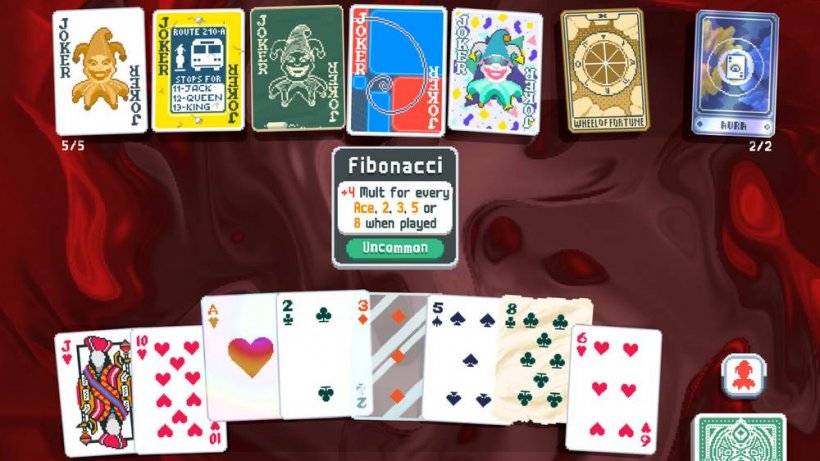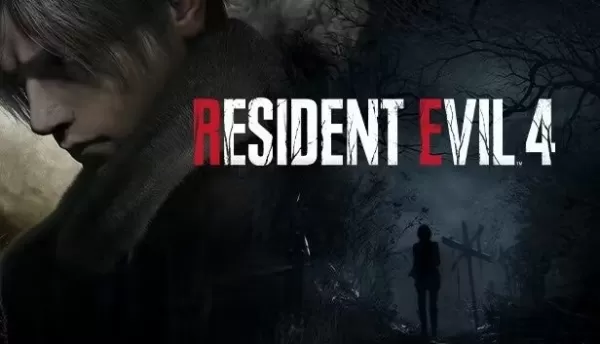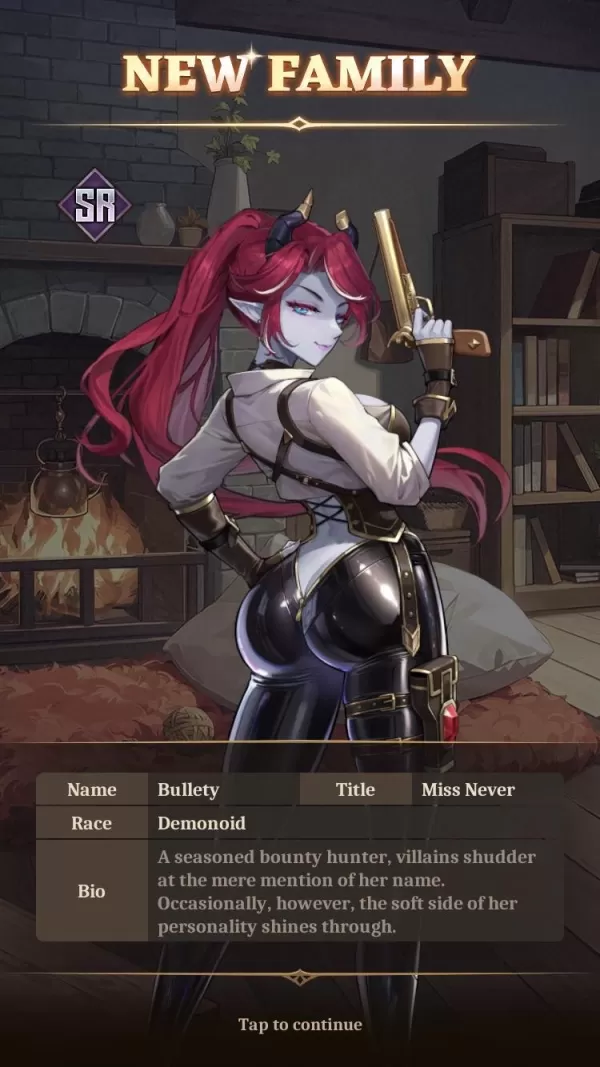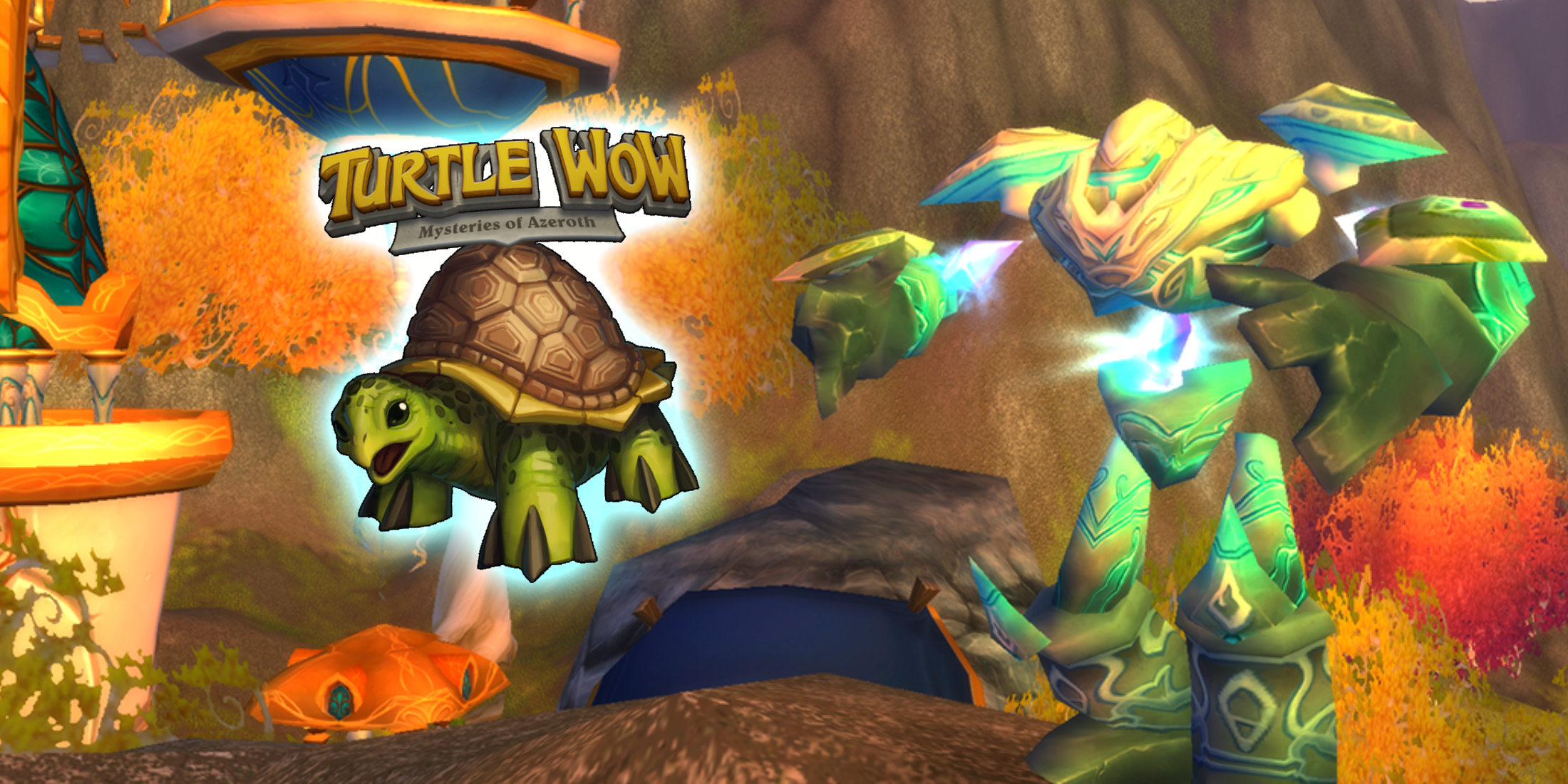Top mobile games of 2024: Iwan\'s picks, except it\'s mostly Balatro
It's year-end, and my Game of the Year is Balatro – a surprising choice, perhaps, but one I'll explain. Balatro, a blend of solitaire, poker, and roguelike deckbuilding, has garnered numerous awards, including Indie and Mobile Game of the Year at The Game Awards and two Pocket Gamer Awards.
This success, however, has also sparked confusion and even anger. Some question its relatively simple visuals compared to flashier games. The skepticism surrounding a "simple deckbuilder" winning so many awards highlights why it's my GOTY pick.
Before diving into Balatro, here are some honorable mentions:
- Vampire Survivors' Castlevania expansion: A long-awaited addition, finally bringing iconic characters to the game.
- Squid Game: Unleashed's free-to-play model: A potentially groundbreaking move by Netflix Games, suggesting a shift in monetization strategies.
- Watch Dogs: Truth audio adventure: An unexpected but interesting release, showcasing a different approach to the Watch Dogs franchise.
My experience with Balatro has been mixed. While undeniably engaging, I haven't mastered its intricacies. The emphasis on deck optimization and statistical analysis is challenging for me, yet it remains excellent value for money. It's simple, enjoyable, and undemanding, making it a perfect casual game. While Vampire Survivors remains my top time-waster, Balatro is a strong contender.
Balatro's attractive visuals and smooth gameplay are further pluses. For under $10, you get a captivating roguelike deckbuilder that's both enjoyable and socially acceptable to play in public. LocalThunk's ability to elevate a simple format is impressive, from its calming music to the satisfying sound effects. The game subtly encourages continuous play without being overly explicit.
But why discuss it again? Some find its success insufficient.

Beyond Simple Gameplay
Balatro's success has been perplexing to some. It's not a flashy gacha game, nor does it push mobile gaming boundaries. It's not a battle royale; it's simply a "card game." However, it's a well-executed card game, offering a fresh take on the genre. Game quality should be judged on its execution, not solely on visual fidelity.
Substance Over Style
Balatro's success teaches a valuable lesson: a game doesn't need cutting-edge graphics or complex mechanics to succeed. This multi-platform title (PC, console, mobile) demonstrates that simpler, well-designed games can resonate across different platforms. While not a massive financial success, its low development costs likely resulted in significant profit for LocalThunk.
Balatro proves that a game can be simple, well-made, and stylish without being a massive, cross-platform gacha experience. It brings mobile, console, and PC players together.

Its accessibility is also a strength. Some players strive for optimal deck construction and flawless runs. Others, like myself, enjoy its relaxed pace and suitability for moments when intense gaming isn't feasible.
In conclusion, Balatro's success underscores that a game doesn't need to be groundbreaking in terms of visuals or complexity to be successful. Sometimes, a simple, well-executed game with its own unique style is enough.
-
Summer brings endless sales opportunities, especially with events like Amazon Prime Day around the corner—making it the perfect season to grab discounted games. PC gamers should check out Humble's Capcom Publisher Sale, featuring unbeatable deals onAuthor : Samuel Dec 13,2025
-
In Isekai: Slow Life, players can enlist a range of distinctive characters to craft their perfect village and family. Among them is Bullety, an SR-ranked Demonoid bounty hunter known as “Miss Never.”Author : Nora Dec 12,2025
- Mastering Two-Handed Weapons in Elden Ring: A Guide
- Roblox Simulator Codes: Unlock Exclusive Rewards!
- Wuthering Waves: Uncover the Secrets of Whisperwind Haven's Palette
- Top 25 Palworld Mods to Enhance Your Game
- Ultimate Guide to Shinigami Progression in Hollow Era
- Karl Urban Debuts as Johnny Cage in Mortal Kombat 2























